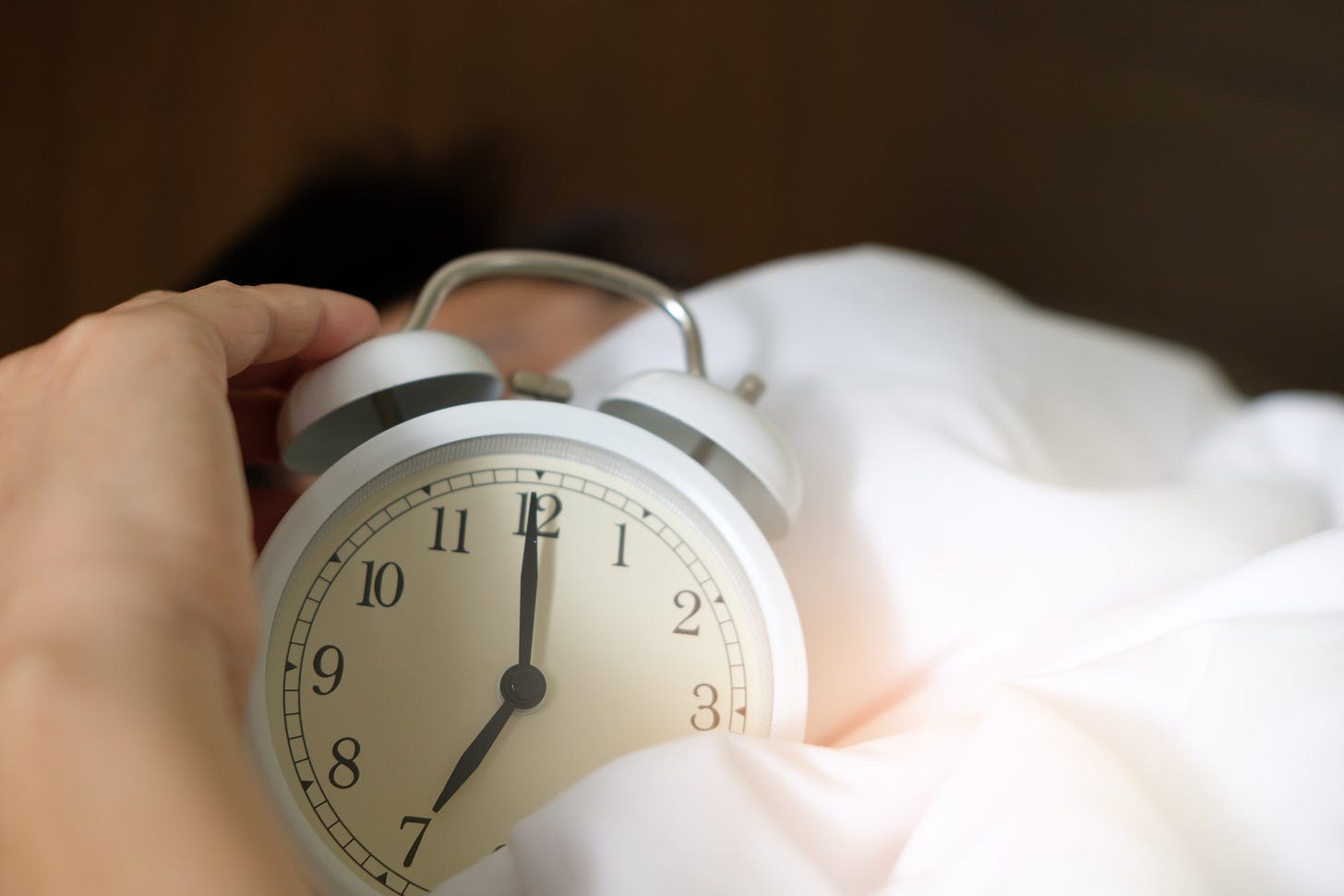THE LINK BETWEEN SLEEP AND HEALTH
Strategies for improving sleep hygiene and getting a good night rest.
Dear Valued subscribers,
Happy New Month and Welcome to FEBRUARY!
I hope this newsletter finds you well. In today's edition, we will be exploring the crucial link between sleep and health and the strategies you can use to improve your sleep hygiene and get a good night's rest.
Sleep is a vital component of overall health and wellbeing, playing a significant role in regulating various bodily functions and processes, including metabolism, hormone production, and brain function. However, despite its importance, many people struggle with sleep, leading to chronic sleep deprivation, which can have significant impacts on both physical and mental health.
I remember my days in the University, where we were all struggling to make good grades and I had to sleep for short hours. This affected my health and I can tell we all had such experience.
Even now as workers in different areas of our lives, we still struggle with good sleep because we are chasing different goals. But if we are sincere with ourselves, A good night sleep has so many benefits.
Fortunately, there are many strategies you can use to improve your sleep hygiene and get the restful sleep you need. Some of these include:
Establishing a consistent sleep schedule: Going to bed and waking up at the same time every day can help regulate your body's natural sleep-wake cycle, making it easier to fall asleep and wake up feeling refreshed. I practice this method a lot and it helps me to reach my healthy sleep hour target. If you really want to improve your sleep to 7 hours a day, then creating a sleep schedule will be your best bet.
Creating a relaxing bedtime routine: Doing things like reading a book, listening to soothing music, or taking a warm bath can help signal to your body that it's time to sleep and prepare it for rest. Taking a warm bath is always my favorite because it makes me feel more relaxed and ready for bed.
Making your sleep environment comfortable: Investing in a comfortable mattress, pillows, and bedding can help ensure you have a supportive and comfortable sleep surface, while also reducing the likelihood of disruptions caused by discomfort.
Always make sure your pillows are clean and they smell nice. If your sleep environment is not conducive, it will be difficult to get a good night sleep.
Limiting exposure to screens before bedtime: The blue light emitted by electronic devices like phones and computers can interfere with the production of the sleep hormone melatonin, making it harder to fall asleep. Try to limit screen time for at least an hour before bed.
Avoiding stimulants like caffeine and alcohol before bedtime: Caffeine and alcohol can both interfere with sleep, leading to difficulty falling asleep and disrupted sleep throughout the night. Try to avoid consuming these substances in the hours leading up to bedtime.
By implementing these strategies, you can help improve your sleep hygiene and get the restful sleep your body needs to function at its best.
I hope you found this newsletter informative and helpful, and I look forward to bringing you more content in the future.
If you have any questions or contributions, kindly drop them in the Comment section.
Best Regards
Casandra
Healthmartwithcassie.



